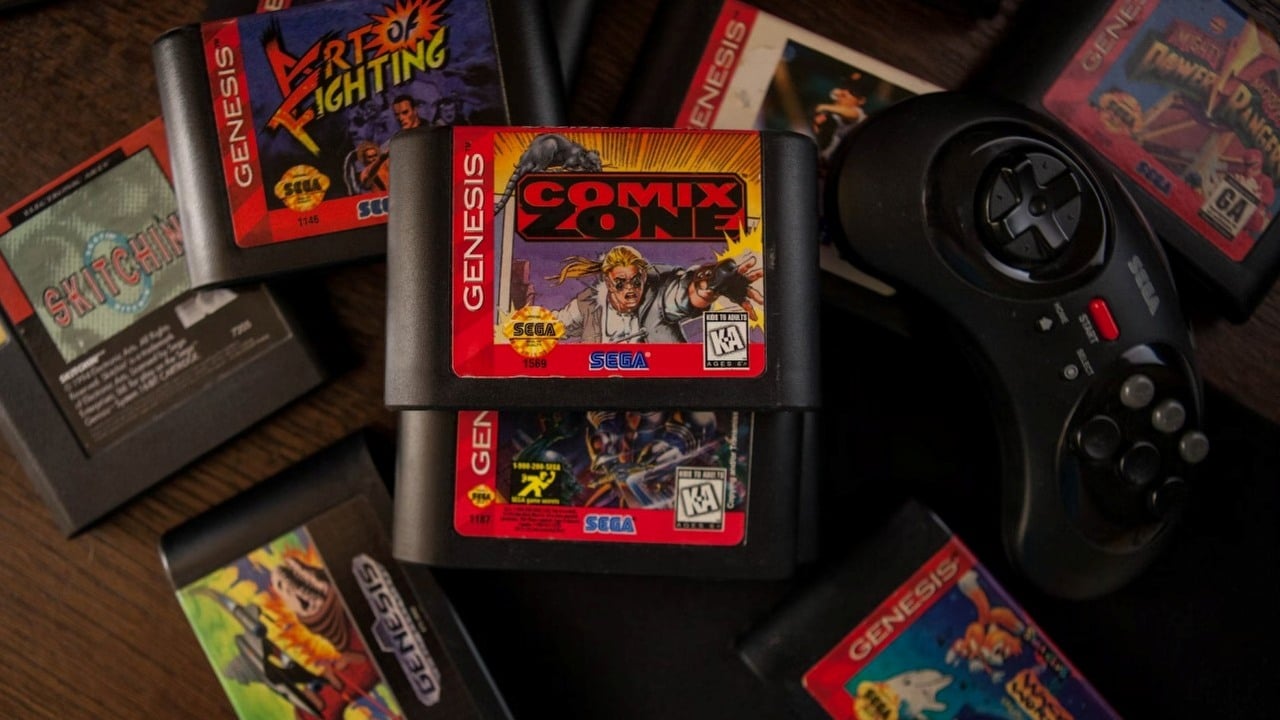There Won't Be Easier Access to Retro Games, Because That Would Destroy Their Sales Market
The Video Game History Foundation has lost a battle with lobbyists to facilitate access to games from years ago. The foundation's goal was to create virtual libraries for hard-to-find or no longer-available titles.

In the summer of 2023, the Video Game History Foundation released a report showing that as many as 87% of games released before 2010 are unavailable. The foundation wanted to change this, trying to fight for an exception in the DMCA (Digital Millennium Copyright Act), in order to enable game libraries to lend owned games. Unfortunately, the case was denied by the U.S. Copyright Office (see Gizmodo).
Rare retro games are to remain unavailable for the majority.
The Video Game History Foundation wanted to facilitate access to many games, the purchase of which is impossible today. The Foundation has tried to ensure that a given game can be loaned from a library or archive to more than one person at a time. Currently, one copy of a game can be borrowed by one person when they show up at the headquarters in person.
Groups opposing these changes stated that the mentioned libraries or game archives do not have adequate safeguards that could protect against piracy. It was also added that there is currently a large market for retro games and the emergence of a free library would lead to its destruction. Unfortunately, the aforementioned market mainly exists for collectors who are willing to spend large amounts of money on retro games. A person who only wants to play a specific title has limited access to old productions.
The Video Game History Foundation announces that this is not the end of the fight, which may eventually receive greater support from government organizations. In California, stores will have to display information that they only provide a license for a specific game. Valve followed these recommendations, adding an appropriate note. The fight to preserve video games is happening not only in the United States.
Since July this year, signatures have been collected for the European campaign " Stop the destruction of video games". Despite initial success the initiative has lost momentum and is in danger of not succeeding. There is still one country missing that meets the threshold of required signatures, and overall the petition still needs over 600 thousand signatures from European Union countries. However, the campaign led by Ross Scott and the efforts of the Video Game History Foundation show that awareness of the need to preserve access to older games is growing.
0

Author: Zbigniew Woznicki
He began his adventure with journalism and writing on the Allegro website, where he published news related to games, technology, and social media. He soon appeared on Gamepressure and Filmomaniak, writing about news related to the film industry. Despite being a huge fan of various TV series, his heart belongs to games of all kinds. He isn't afraid of any genre, and the adventure with Tibia taught him that sky and music in games are completely unnecessary. Years ago, he shared his experiences, moderating the forum of mmorpg.org.pl. Loves to complain, but of course constructively and in moderation.
Latest News
- End of remote work and 60 hours a week. Demo of Naughty Dog's new game was born amid a crunch atmosphere
- She's the new Lara Croft, but she still lives in fear. Trauma after Perfect Dark changed the actress' approach to the industry
- „A lot has become lost in translation.” Swen Vincke suggests that the scandal surrounding Divinity is a big misunderstanding
- Stuck in development limbo for years, ARK 2 is now planned for 2028
- Few people know about it, but it's an RPG mixing Dark Souls and NieR that has received excellent reviews on Steam, and its first DLC will be released soon

